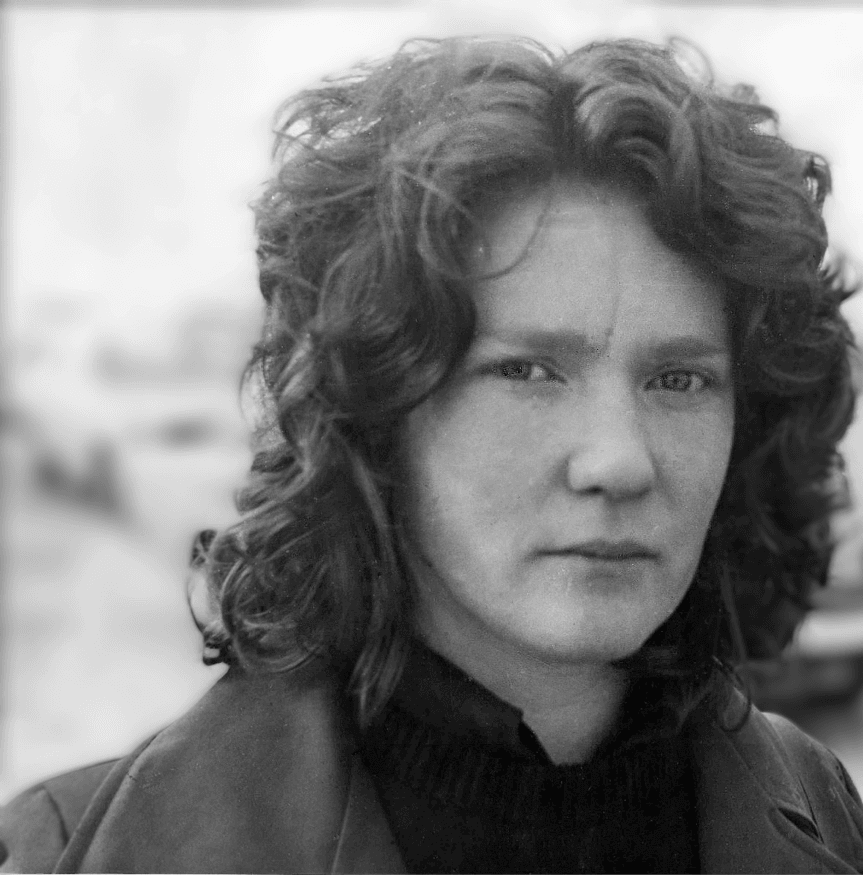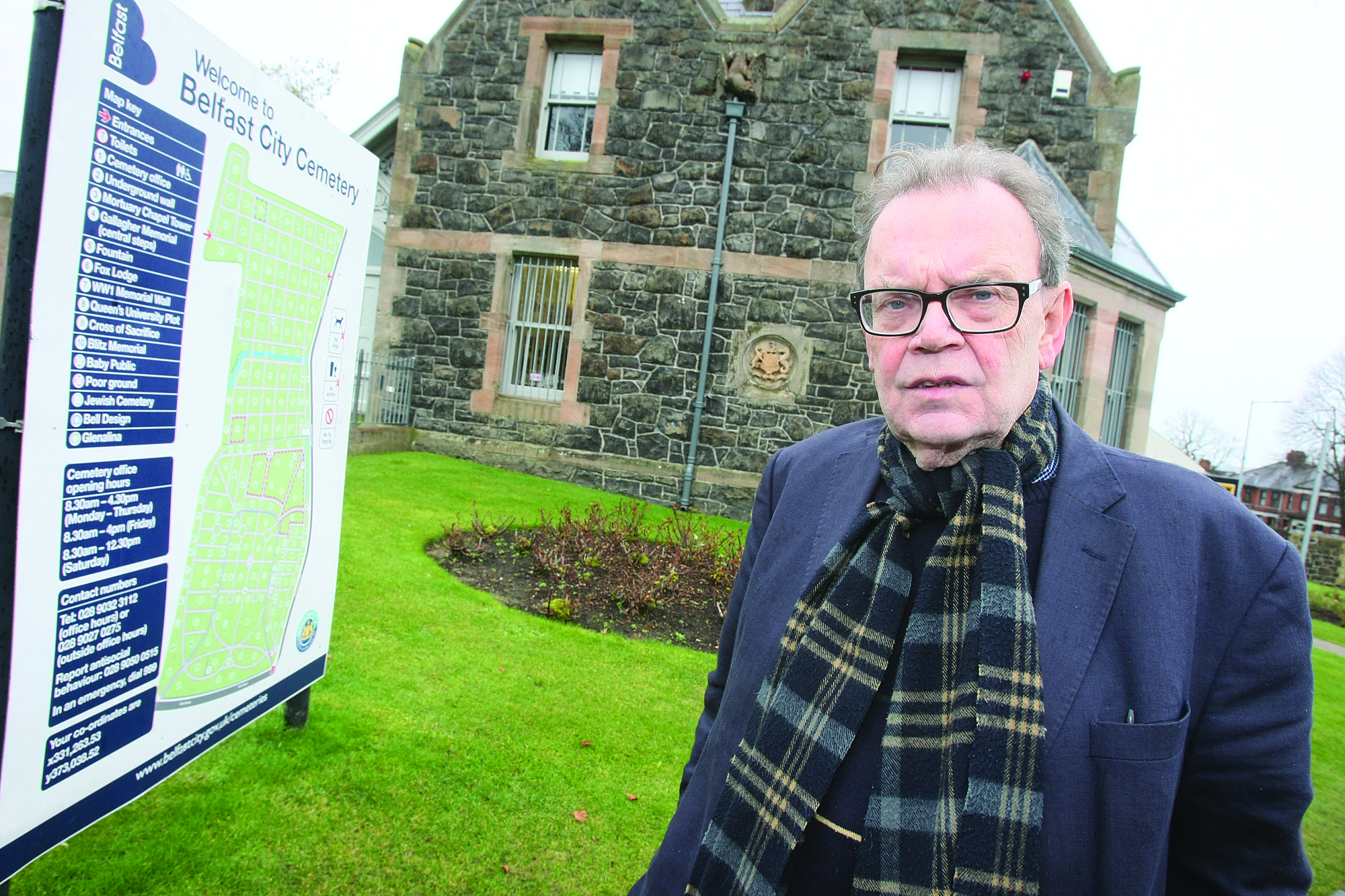I WAS delighted to attend Féile An Phobail’s Carnival Parade last Saturday as it meandered its colourful, inclusive and vibrant way from the Dunville Park to An Spórtlann on Bothar na bhFál. Underage representatives of local GAA clubs, other sporting organisations, community groups and numerous street artistes joined ethnic groups as they danced their way up the road. Led by a battalion of motor bikers and more sedate Lambretta scooterists, Palestinian flags were on display the length of the walk. It was brilliant, noisy, cheerful and uplifting
It was also in complete contrast to the behaviour of the fascist and racist gangs who gathered at the City Hall as part of far right demonstrations organised across the ‘Kingdom’ against refugees following the awful events in Southport in England. Events which have no connection with refugees, awful as they were with the terrible deadly attack on school children, but which were seized upon to feed racist hatred through disinformation and false narratives.
Thankfully the progressive citizens who gathered to oppose the fascists vastly outnumbered them. They are more representative of the majority of Belfast people than the amadans and ne’er-do-wells who screamed their invective and racist hatred.
One concern that I share with many is the approach of the PSNI to effectively stand up to the racists. Businesses were destroyed, citizens threatened and intimidated, a refugee centre attacked and when the fascists attempted to march on the Ormeau Road the PSNI faced the residents who opposed the fascists not the fascists. Well done to Deirdre Hargey, Gerard Rice and the people of that proud district who rose to the challenge and faced down the bigots and racists.
Let us be alert to the reality that this type of reactionary right wing thuggery will now be a constant in our lives. Just below the surface perhaps until now it is out in the open these days. We must oppose it without hesitation. It is too dangerous to ignore or dismiss.
We need also to be mindful that some deprived working people across Ireland, urban and rural, may resent people coming here from across the world to avail, they fear, of scarce resources. We need to fight for these resources for everyone and we also need to engage with these citizens to remind them that their resentment needs to be directed at the British and Irish establishments and not at the refugees or migrants who make their way to our shores. In other words while being mindful of genuine concerns, we need to be avowedly anti-racist.
Belfast is the city which stopped slave ships from doing business here in the past. Led by United Irishmen and women like Mary Ann McCracken and Thomas McCabe, Belfast said No to inequality and the slave trade and Yes to equality and enlightenment. That is the real Belfast and we need to live by these principles today.
Those who carried the Coolock Says No banner do not represent the people of Coolock any more than the loyalists who they joined with represent the rest of us. So let us be alert. And let us be active. No pasarán!
Rita finally gets to tell her own story
RITA O’Hare is probably one of best known Irish republican activists of the last six decades. She was a close friend and a comrade, as well as a wife and mother, grandmother and great-grandmother and someone who worked tirelessly in pursuit of Irish freedom and self-determination.
On Saturday we published her memoir. It was a great event as part of Féile. ‘Rita - A Memoir’ is an amazing personal account of a life of struggle. Of a woman who fiercely confronted the injustices of the unionist and British state in Ireland. Who put her life and liberty on the line while working tirelessly to build a better future for the people of our island.
I have long believed that all of us have our own stories to tell and whenever I can I encourage people who do that. This is important everywhere. But especially in Ireland in these post-conflict times. By setting our different narratives side by side we have the possibility of a more complete and inclusive insight into the past and how and why conflict occurred. And how it might be avoided.
BIO: Rita O'Hare
Rita’s remarkable story needed to be told but only she could do it justice. Persuading her to put pen to paper took years and is too long a tale to tell here but eventually Rita relented. Sadly her death from cancer came before she had the opportunity to fully complete the memoir. Editing what she left in the written word and on audio tape when she was too ill to write fell to Danny Morrison, who has done Rita proud and the rest of us a great service.
So, Rita – A Memoir is incomplete as a political memoir but absolutely a gem as a personal one. Her story is of someone who was very connected to her family – to Brendan, her children, her grandchildren, great-grandchildren, and, of course, to her parents, Maureen and Billy. And of an activist who demanded 100 per cent from herself and from those of us who worked with her.
As a writer and editor of An Phoblacht; as a long standing member of the Sinn Féin Ard Chomhairle in many vital roles; as a negotiator with the Irish government and the US administration during the early days of the peace process; and as Sinn Féin’s representative for more than 20 years in the USA, Rita was a tour de force at the heart of republican politics.
She could also be blunt, acerbic, and scathing in her observations. She was relentless in her criticism of those who presided over Ireland’s inequalities, unfair systems, including the partition of our island and our people. As a survivor of a British Army ambush in which she was shot multiple times, as a political prisoner who served three different terms of imprisonment North and South, and as a woman she brought a unique perspective to our republican politics.
The book stands proudly alongside other similar accounts of struggle from Tom Clarke, Terence Mac Swiney, Ernie O’Malley, and Margaret Buckley, to activists in more recent years like Bobby Sands, Jim ‘Jazz’ McCann, Síle Darragh, Eoghan MacCormaic and many more.
Rita died peacefully in March last year at home with her beloved Brendan and their clann, shortly after her eightieth birthday. Rita – A Memoir is published by Greenisland Press and is available at https://www.sinnfeinbookshop.com/ and https://www.thelarkstore.ie/
The past is still living
I’VE known Tom Hartley for almost 60 years. During that time he has been the consummate political activist as a leader of Sinn Féin in Belfast and nationally. He is an archivist and a collector who has done more than anyone else to ensure that the Ulster Museum and Linen Hall Library have a range of artefacts and materials that tell the story of Irish republicanism.
Tom is a first class historian and in this capacity he has written three excellent books on the City Cemetery, Milltown Cemetery and Balmoral Cemetery. Tom cleverly uses the stories of those buried in these places to tell the story of Belfast in all its complexity.
BOOK: Tom Hartley in the City Cemetery
Last week Tom published ‘More Stories from Belfast City Cemetery’. This is a collection of new stories that he has uncovered as he continues to research the Belfast cemeteries. In this book he tells the reader of the man who built the Titanic and of the first woman to be licensed as a doctor in Ireland. He tells of Presbyterian missionaries, the man who built the Grand Opera House, the accidental deaths of workers in the shipyards, as well as the graves of some who were killed in the Belfast riots of the 19th century. And much more, including the story of Jim Hargey, a former internee, leader of the Republican Clubs and a community activist in the Market. He was also a fine singer.
Tom’s latest book is well worth a read. So if you want to know a little more about Belfast get your hands on ‘More Stories from Belfast City Cemetery’. You will not be disappointed. The book will be available at https://www.sinnfeinbookshop.com/ and https://www.thelarkstore.ie/







